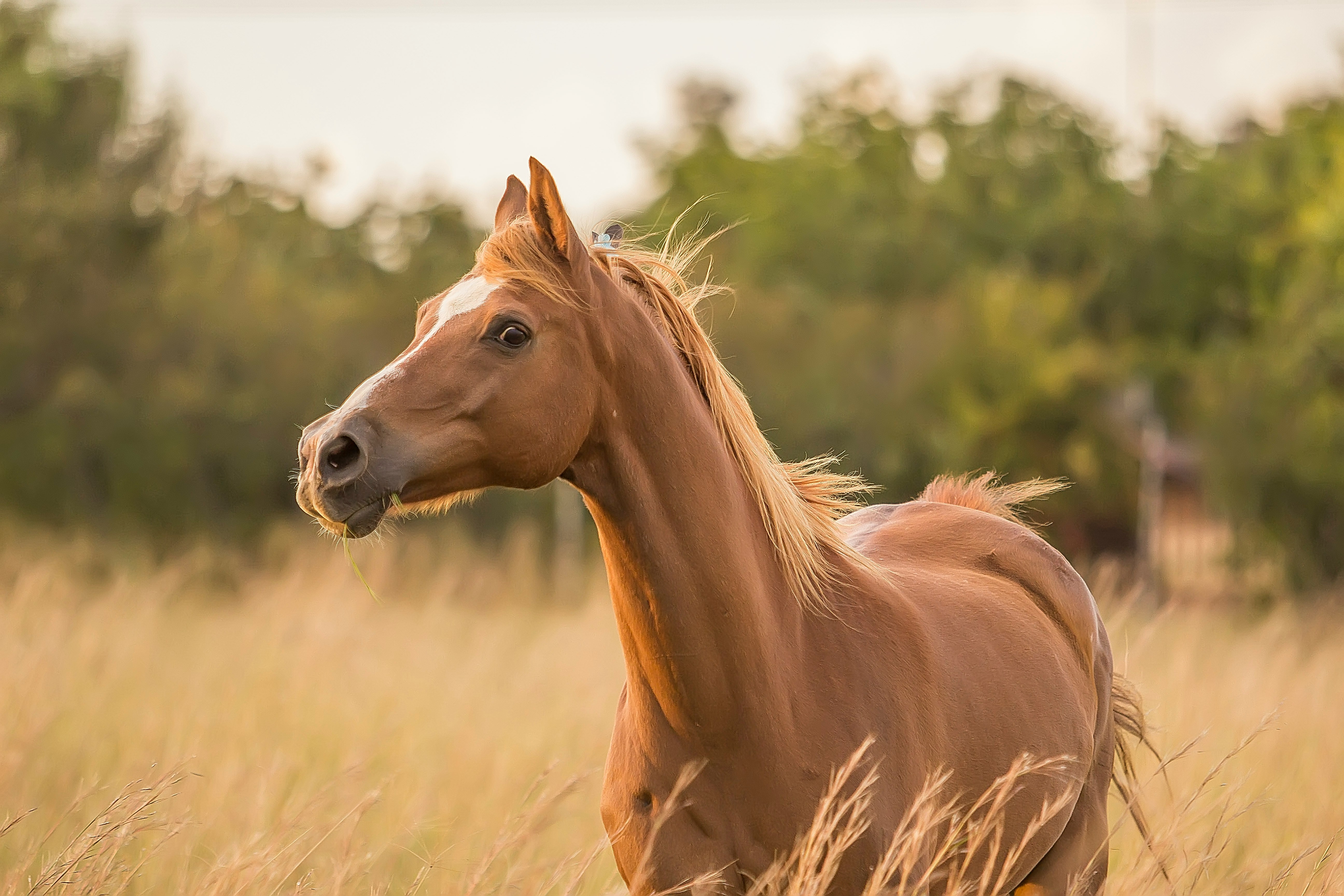CIC
The IRS and captives: a tale of COVID-19 loss
Tired of horsing around with the IRS, an equine medical practice exited the race a loser. Randy Sadler of CIC Services describes the predicament of one client that lost out after being pressured by the IRS to close its captive — just before the COVID-19 crisis.
“They said the premiums paid to our captive were too high, but the actuary that priced the insurance also serves as an expert witness for the IRS.”
Randy Sadler, CIC Services

I have had a sobering discussion with one of our former clients, whose equine hospital in the southern US has been battered by COVID-19. The only thing worse than the pandemic has been the unfortunate position the client ended up in after several years of fractious dialogue and arguments with the Internal Revenue Service (IRS).
The IRS’s stance on the company’s use of its captive eventually convinced the hospital’s partners to close the captive. That left the hospital vulnerable, and that vulnerability became a gaping wound in the spring 2020 when the COVID-19 pandemic choked the business and the owners were unable to file a business interruption claim as their captive insurance company was shuttered the prior year.
In the meantime, almost all our business owner clients that own a captive insurance company have fared far better in 2020. Most of them who have been impacted by COVID-19 have had their business interruption claims approved. Their business interruption claims will pay to replace lost revenue—and replacing lost revenue in a time of crisis is a compelling reason to insure via a captive.
At the same time, many commercial insurance companies are not paying business interruption claims, because business interruption is tied to property damage or loss, meaning COVID-19 has not triggered their policies.
Case study

The equine hospital is owned by a group of veterinarians and provides care to horses at one of the largest equine markets in the world. Their area has massive training grounds for thoroughbred horses. Horse enthusiasts travel from all over the world to buy and sell thoroughbreds.
The hospital cares for horses and provides detailed physicals for prospective buyers. The average purchased horse has 36 X-rays. Examinations include a full scope of the horse’s upper airway and close examination for the tiniest cracks in any bones.
According to one seasoned veterinarian: “We do a large amount of work during auction season to provide warranties on the horses purchased.”
2020’s horse training and auctions have been cancelled and, so far, the practice has lost $500,000 in revenue—a number that could rise. As the vet told me: “The losses could go much higher.”
“They never told us to fix anything, but sent blanket letters saying the captive was invalid with no basis or proof.”
To add insult to injury, the equine hospital closed its captive insurance company in 2019 after following the advice from the IRS.
“The IRS never found anything wrong with our captive insurance company, but they audited us year after year,” the vet said.
“They never told us to fix anything, but sent blanket letters saying the captive was invalid with no basis or proof.
“They said the premiums paid to our captive were too high, but the actuary that priced the insurance also serves as an expert witness for the IRS, and the US-based regulator who issued our captive’s licence had its actuary examine all our actuary’s work—it is maddening.”
To add even more insult to injury, the hospital also had a cyber loss in 2020. Its commercial insurance policy covered a portion of the $50,000 loss. However, the captive insurance company issued broader policies and would have covered all the cyber loss.
“I regret closing our captive insurance company,” the vet concluded.
“I wish we had held out one more year, so all our losses would have been insured by our captive, and our captive was re-insured. We lost access to re/insurance when we needed it most.”
Randy Sadler is principal at CIC Services.
He can be contacted at: randy@cicservicesllc.com
Share this page
Image: Shutterstock.com / Monkey Business Images
